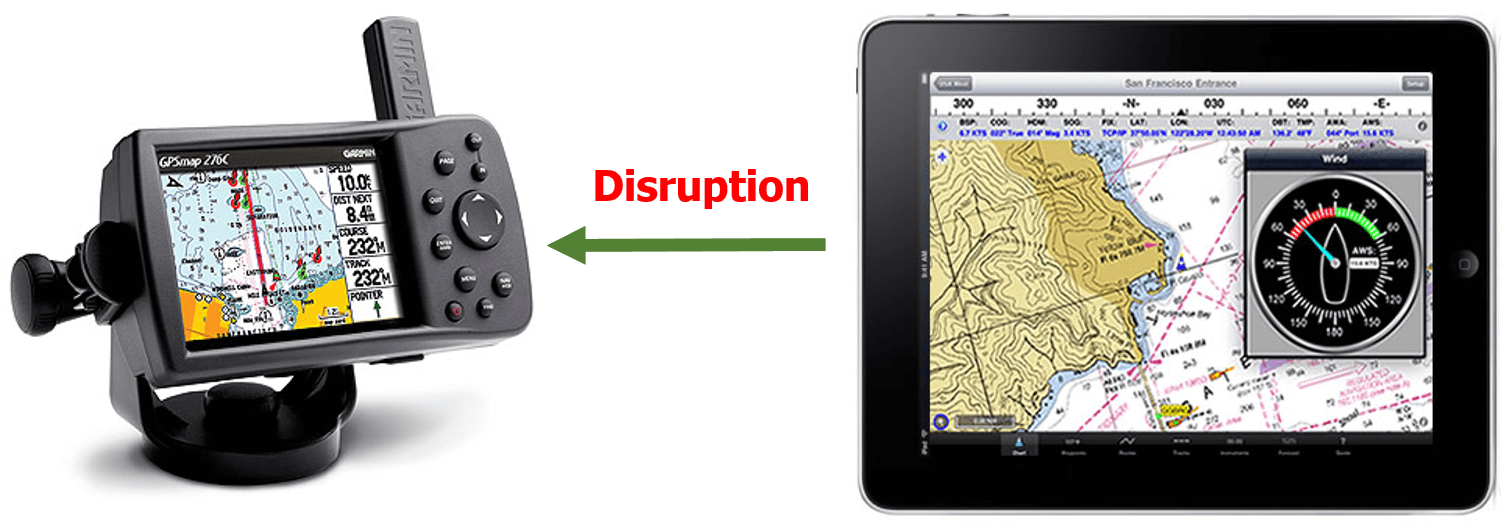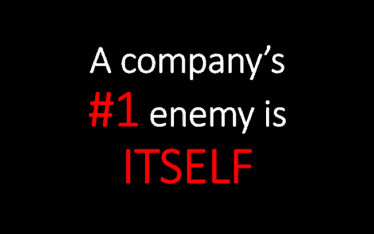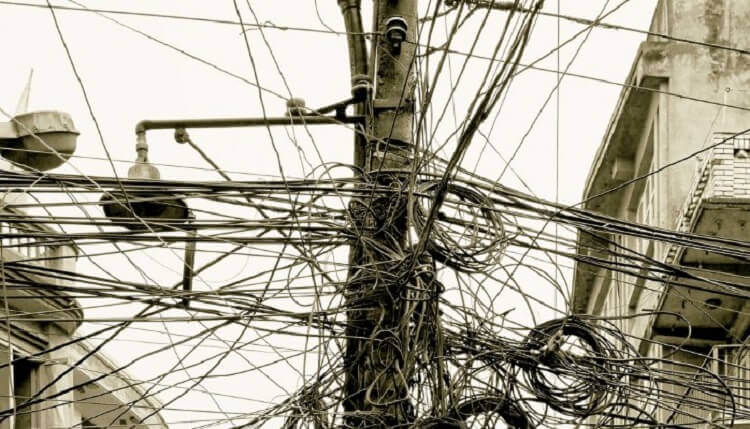At one point in time, people believed the world was flat. This view changed with advances in technology. Technology tends to change everything, and often quite dramatically.
The initial symptom is always the same – a competitor enters the market with an “inferior” product offering that the incumbent player simply refuses to worry about.
Disruptive business change #1- The music industry
At a previous point in time music was distributed on the medium of vinyl disks, which were obsoleted by the advent of magnetic tape, which then were rendered extinct by the digital age of compact disks, which is even now falling prey to the virtual medium of downloaded music files simply loaded into various digital players. And the next move its on its way: streaming services like Spotify.
Disruptive business change #2 – Newspapers
The newspaper industry is one of the businesses that is hurting most from new technology since many people get all of their news right on the internet for free. Many of the larger newspaper companies have gone online and are still able to stay in business because they are able to get the news out for free but monetize their websites with advertisements.
Disruptive business change #3- Travel
In the past the only easy way to book a vacation or an extended business trip was through a travel agent, unless you chose to do it on your own which required a decent amount of time on the phone and other time to plan everything so it all worked out without a hitch.
This has all changed now with so many different websites out there that can help you easily book a trip within a matter of minutes, and that includes booking everything too – flight, hotel, car rentals and much more can all be done with a few clicks and a credit card.
Disruptive business change #4 – Bookstores – E-reader
E-readers are starting to replace old fashioned books, and it is not just the e-readers themselves, but also the app formats of them which allow people to buy and read books right from their smart phones and tablets. Recently we have been seeing bookstore going out of business around the world, the most recent that everyone heard about was the closing of Borders.
Many of the book stores that are still in business are struggling, and sadly many will not be able to last much longer as more and more people start buying Kindles and other readers. The times are changing and many business models to need find new and innovative ways to embrace technology.
Disruptive business change #5 – Bricks and mortar
Disruptive change is sweeping traditional bricks and mortar. In the retail arms race, e-commerce seems to be winning. Here are some major disruptive change trends driving traditional bricks and mortar towards the “grave” – HMV, Blockbuster, Jessops, Comet, Boders etc. – Can anything stop the internet from huffing and puffing and blowing brick and mortar down?
Disruptive business change #6 – Video on demand
Remember programming your VCR to record TV shows? Of course you don’t, because nobody did it – the task was too difficult and time-consuming.
Today, video-on-demand services are booming. Now we expect our entertainment to be delivered to us wherever we are, whenever we want it, on any device that’s handy.
The television could be the next platform in technology to host significant changes in the coming year – “Cord-cutting” is a growing trend since Netflix liberated the common user from traditional cable services
Disruptive business change #7 – Collaborative consumption
Time Magazine recently rated collaborative consumption – “Sharing Economy” – as one of the “10 ideas that will change the world”. The terms “the sharing economy” and “collaborative consumption” are both used to describe a fascinating new economic and social phenomenon. They refer to markets for the sharing of products and services between individuals.
The Internet has greatly facilitated collaborative consumption, by offering online platforms for like-mind suppliers and consumers to consummate transactions. And online sharing schemes are getting cleverer, finding solutions to problems we may not even know we had.
Disruptive business change #8 – iPhone
Steve Ballmer laughed at the iPhone in January 2007, remarking that businesses users would never go for the phone because:
It doesn’t have a keyboard
Five years after the iPhone’s release, the device permeates our culture and consciousness. The iPhone – especially since 2008′s introduction of the App Store – has transformed from a low-functioning device into the companion many feel they can’t live without.
The market for point-and-shoot cameras, low-cost video recorders and even handheld game consoles have all contracted because of the success of iPhone, and the similar-looking smartphones that have followed in its footsteps.
Disruptive business change #9 – Apps
Smartphones and tablets create numerous opportunities to identify new processes and business models. More and more customers are replacing there expensive – $400 – $600 – marine navigation unit with a $20 iPad app that works better.
Will the marine navigation industry be the next victim?
How disruptive is your business model?
How disruptive is your business model? While much has been written about corporate vision, mission, process, leadership, strategy, branding and a variety of other business practices, it is the engineering of these practices to be disruptive that maximizes opportunities. Without a disruptive focus you are merely building your business model on a “me too” platform of mediocrity.
Business model innovation in times of rapid change
Disruptive business models focus on creating, disintermediating, refining, re-engineering or optimizing a product/service, role/function/practice, category, market, sector, or industry. The most successful companies incorporate disruptive thinking into all of their business and management practices to gain distinctive competitive value propositions.
So why do so many established and often well managed companies struggle with disruptive innovation? Many times it is simply because companies have been doing the same things, in the same ways, and for the same reasons for so long, that they struggle with the concept of change.
Better be the first to disrupt. Why? Because it’s probably going to happen anyway and it’s much more profitable to be the disruptor.
Short URL & title:
Top 9+ major disruptive business change — http://www.torbenrick.eu/t/r/bss
Share it:
If you enjoyed this article, please take 5 seconds to share it on your social network. Thanks!











About The Author
Torben Rick
Experienced senior executive, both at a strategic and operational level, with strong track record in developing, driving and managing business improvement, development and change management. International experience from management positions in Denmark, Germany, Switzerland and United Kingdom